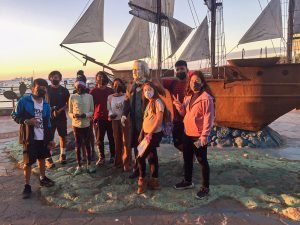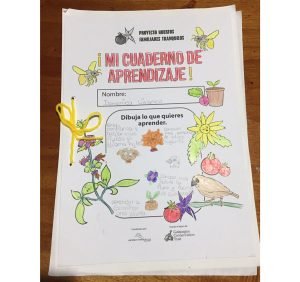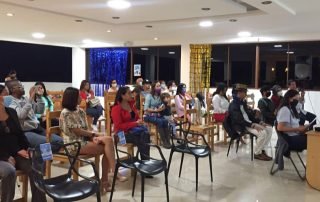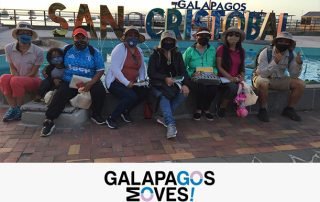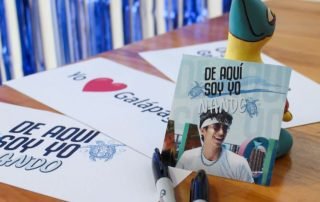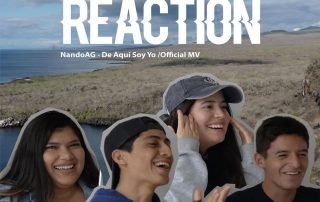Our Work

Photo credit: Ashleigh Klingman
Designed with local stakeholders for local stakeholders
We design, implement, and evaluate grassroots projects to empower families to connect more with nature and find solutions to local challenges.
Check out our Urban Family Gardening for Tranquility video for an example of our work.
Based on 16 years of research and practice on San Cristobal Island, the most effective methods for generating change through environmental education include:
Empathy:
In 2016 when E4NG´s executive director coordinated the provincial-wide socialization process for the Energize program for integral youth development through the Galapagos Governing Council, most interdisciplinary participants prioritized affection as the basic human need that is most deficient in Galapagos society. We nurture affection through empathy. Neuro-psychologist Alvaro Bilbao from Spain insists that empathy is the most important tool to use when educating children in his book The Child’s Brain Explained to Parents. Empathy is also our only true portal to connect with other living things. We must put ourselves in their shoes to understand them and value them.

Interconnectedness:
Using empathy, we can better understand and accept ourselves, people close to us, other living things, and the inanimate environment that sustains our lifestyles.

Photo credit: Alethea Smartt
Practicality:
In our harried society, we must be very simple and practical with ways to employ empathy and appreciate our interconnectedness with one another and nature. In the Urban Family Gardening for Tranquility project in partnership with Hacienda Tranquila since 2020, we have found that families are empowered to conserve their island and celebrate its identity when they can do so through simple actions: adopting an endemic plant and transplanting it in their own home gardens.

Scientific-based evidence:
What we do as E4NG is based in scientific evidence from external researchers and through our own monitoring and evaluation. We set ourselves apart from other organizations that do environmental education by providing evidence that our methodology achieves desired results.

Photo credit: Ashleigh Klingman
E4NG’s current project portfolio includes:
Teaching Climate Change Adaptation:
With support from Galapagos Conservation Trust, strategic partner Hacienda Tranquila and a team of local elementary school teachers co-created a place-based education project that motivates families to produce organic food together, as well as connect to their island identity by adopting endangered, endemic plants for their gardens.
In 2022 we will incorporate activities to protect the Galapagos petrel under our broader project that seeks to ready confident children for climate adaptation.
Comparative Place-Based Education Courses:
We offer experiential education courses based on the six principles of Place-Based Education along with a comparative perspective that allows students to compare San Cristobal to their hometowns. The outcomes are greater knowledge and skills retention. Each course includes the participation of a similar number of local students to promote cultural exchange and youth empowerment of actions and projects students can take to conserve their special homes.

Photo credit: Ashleigh Klingman
Galapagos Moves! Project:
This pilot project seeks to inform the community about the circular economy, climate change and cultural identity through creative materials and integrative activities that promote self-efficacy, gender equality, diversity inclusion and networks.
Check out this unique music video produced by local youth to promote San Cristobal´s beautiful natural places and special cultural identity.


 Español
Español






